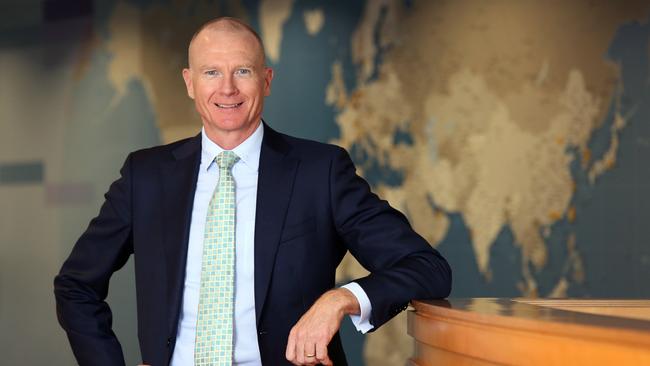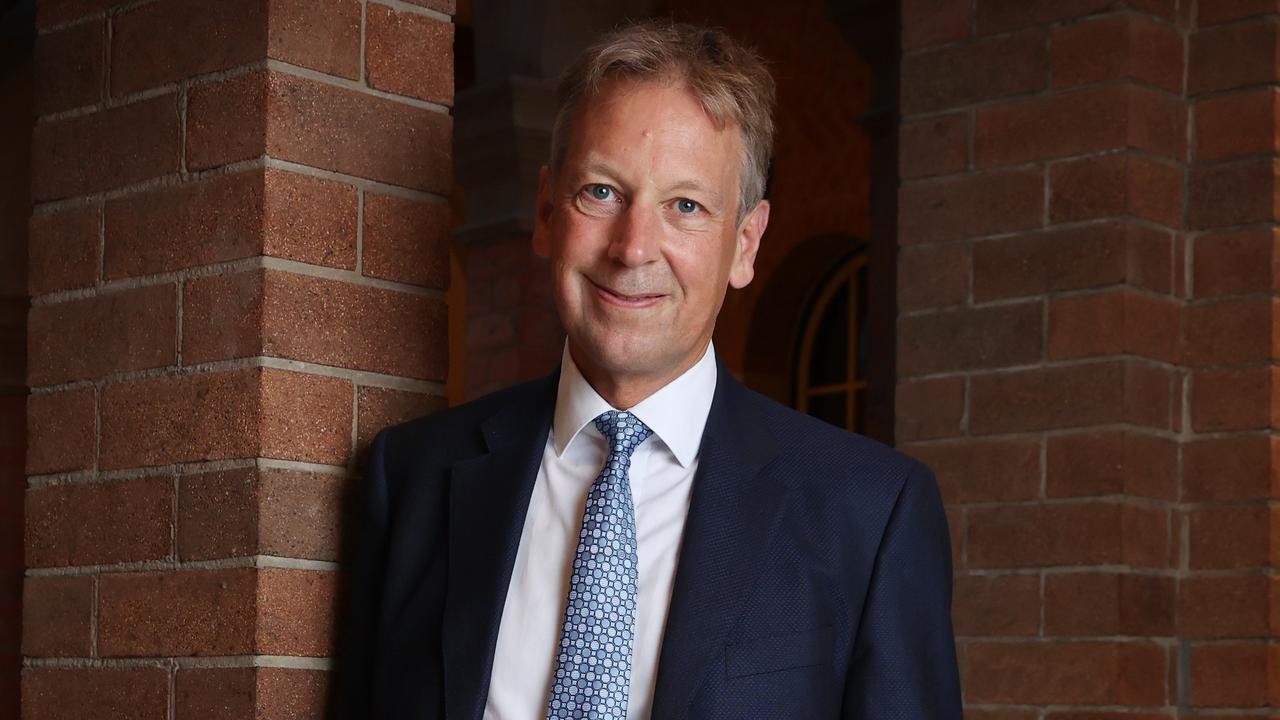Cochlear warns of protracted recovery period
Dig Howitt, chief executive of hearing implant maker Cochlear, is warning of a lengthy recovery when the coronavirus pandemic subsides

Dig Howitt, chief executive of hearing implant maker Cochlear, is warning of a lengthy recovery when the coronavirus pandemic subsides, saying hearing implants for adults and the elderly will be a lower priority than other elective surgery, fuelling a drag on earnings.
Cochlear abandoned its full-year guidance on Monday — a month after it warned the COVID-19 virus would wipe up to $30m off its profit.
Mr Howitt said the company couldn’t give an accurate profit forecast as Western countries delayed elective and non-essential surgery, including Cochlear implants, to make way for an influx of coronavirus-infected patients.
When asked if that delay in surgery would fuel a spike in demand when the pandemic eases, Mr Howitt cautioned against that assessment.
“There will be many elective surgeries that will be deferred and there will be pretty significant competition for operating theatre space when things do recover,” Mr Howitt said.
“Out of that, we are then likely to see adults and seniors placed at lower priority than children and probably at a lower priority than some other elective procedures.
“I’m just cautioning against taking out the demand from the next few months and piling it into the few months after that. We don’t expect that to happen.”
The company also froze hiring, although it does not have any plans for mass sackings yet, and announced cutbacks to capital expenditure projects.
Cochlear’s shares dived more than 19 per cent to $174.51 on Monday against a broader market drop of 9.7 per cent.
Mr Howitt said the delay of surgery in the US and Europe in particular would weigh on earnings. The US is its biggest market, with children representing 25 per cent of patients. Mr Howitt said children would be prioritised for implant surgery, given the need to access sound as soon as they can to learn to speak.
In most of western Europe, Japan and South Korea, paediatrics represents about 50 per cent of implant surgery.
Last month, Mr Howitt said Cochlear was expecting to deliver full-year profit of $270m to $290m, compared with previous guidance of $290m to $300m. This still represented an increase of 2 to 9 per cent over FY18.
Mr Howitt said the business had been on track to deliver its revised forecast from last month, citing strong growth in Cochlear implant system sales across developed markets.
“However, we expect to experience a significant decline in sales in the immediate future.
“There is a high level of uncertainty surrounding the impact of COVID-19 in terms of the extent and duration of the reduction in surgeries and the ability for recipients to access sound processor upgrades,” he said.
The company had already been hit by surgery delays in mainland China, Hong Kong and Taiwan, which triggered last month’s earnings downgrade.
Mr Howitt said surgery in China had restarted in the past few weeks but remained well below pre-virus run rates.
He said the company’s Chinese suppliers had also restarted production for a range of components, primarily used for sound processors and accessories.
“The business continues to carry at least three months’ inventory of most components and is managing distribution carefully to enable continued supply of products to customers,” he said.
Mr Howitt said the company had implemented a hiring freeze and would reduce all non-essential spending and capital expenditure projects. “We do not have plans to reduce our workforce as we believe this disruption will be temporary … Our employees have valuable experience and make incredible contributions to Cochlear’s mission.”




To join the conversation, please log in. Don't have an account? Register
Join the conversation, you are commenting as Logout